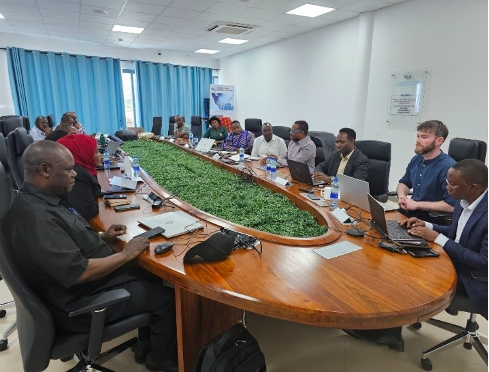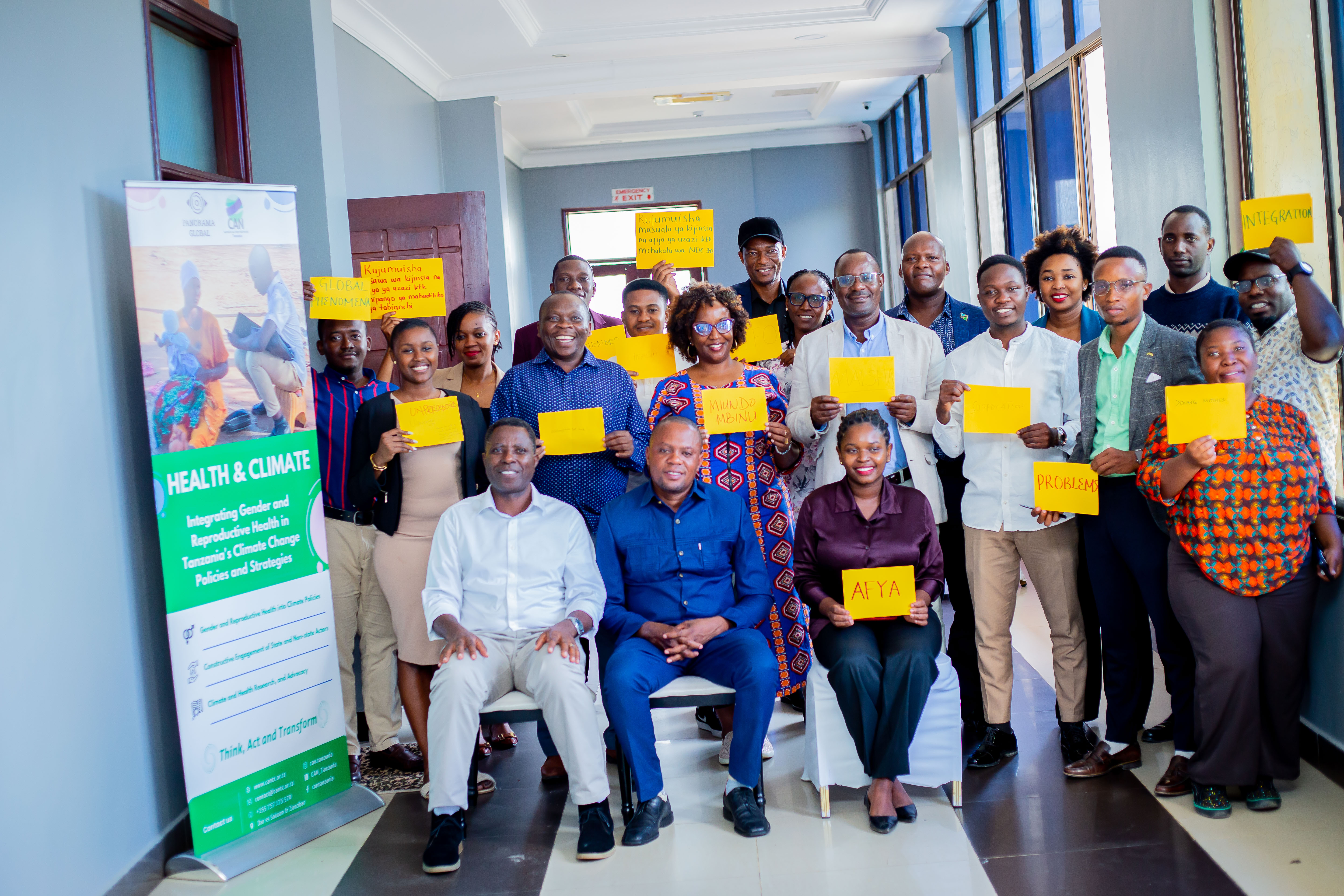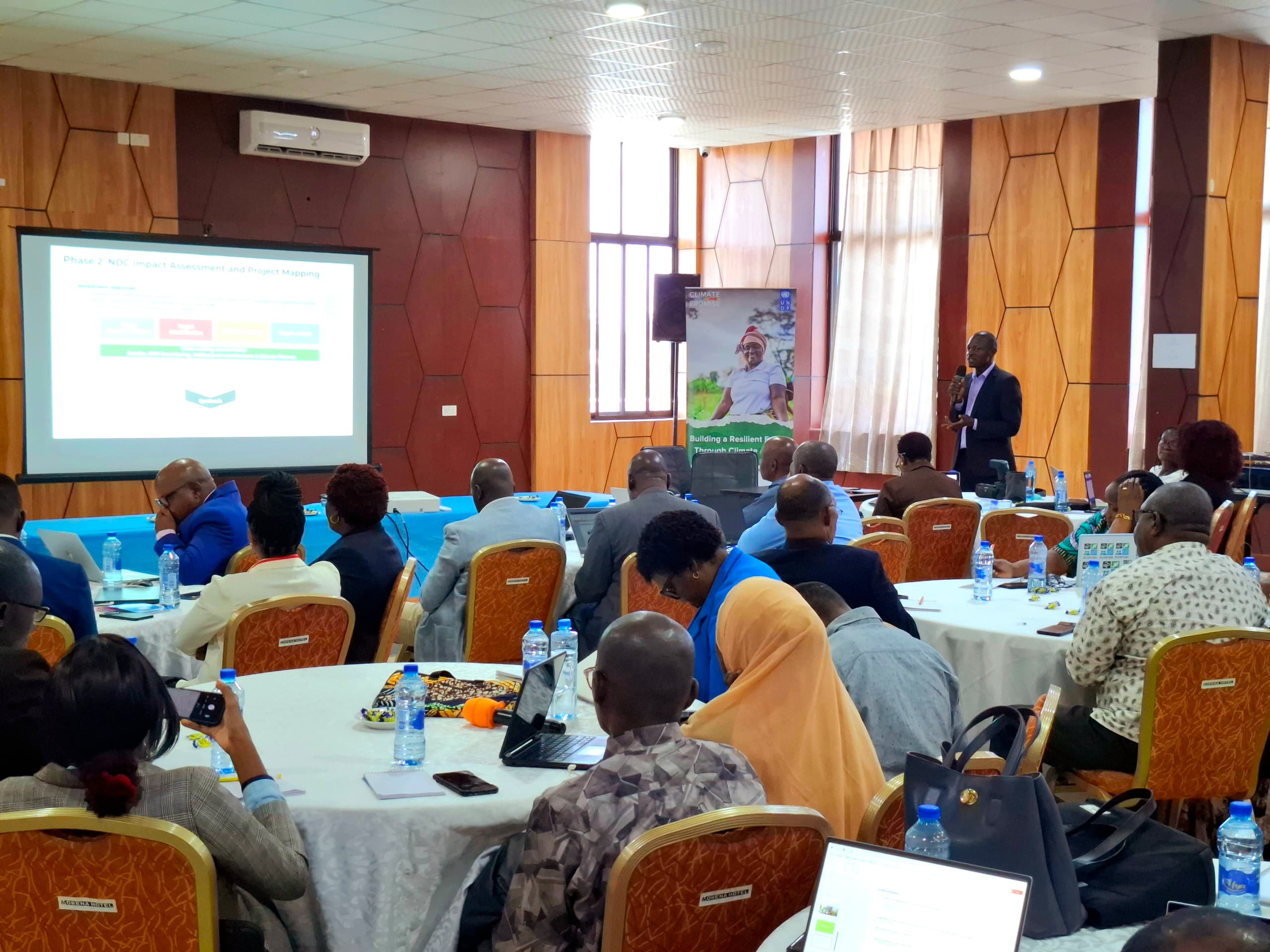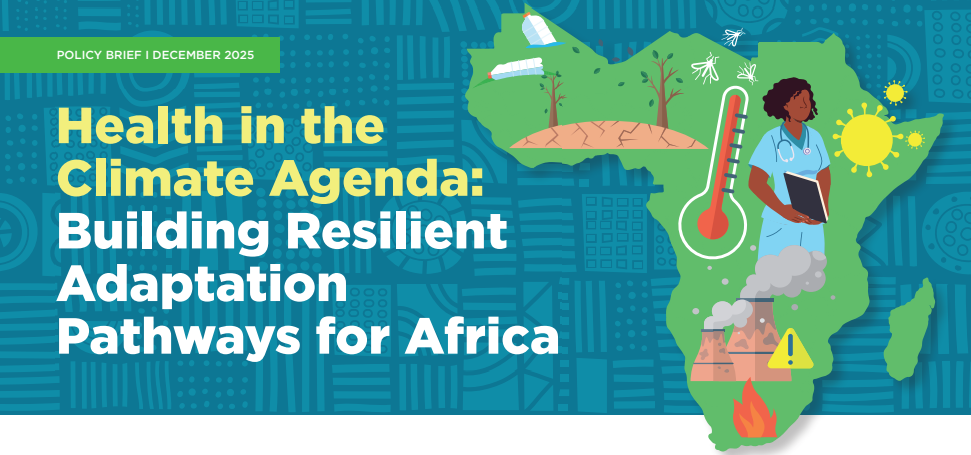Integrating Gender and Reproductive Health into Climate Change Policies and Strategies in Tanzania

General Introduction:
The climate crisis is a threat multiplier and has already put a strain on Tanzania’s health system by exacerbating existing vulnerabilities to diseases and introducing new diseases globally. Sexual and Reproductive Health are not exceptional, as growing evidence indicates climate change directly and indirectly influences various maternal, reproductive, and child health outcomes and gender inequality. The recent study conducted by Climate Action Network Tanzania in Kilwa District Council has revealed that the changing climate is taking a toll on women’s and children’s health by increasing the prevalence of climate-sensitive diseases such as Malaria, diarrhea which are linked to adverse birth outcomes such as pre-term birth, and other maternal complications. Limited access to health facilities due to paralyzed transportation during floods increased the number of home deliveries and unattended births. High prevalence of anemia and malnutrition among pregnant women and children respectively because of climate-induced food insecurity. Additionally intensified sexual and gender-based violence as a result of household financial instability and resource scarcity. This was further linked to the factors that lead to early marriage and teenage pregnancies.
Despite the clear linkage, reproductive health issues have not been explicitly addressed in country’s climate change policy frameworks. Tanzania is in the process of reviewing the first Health National Adaptation Plan (H-NAP) and developing the third Nationally Determined Contributions. Currently, Tanzania through the Ministry of Health is in the final stages of updating the first Health-National Adaptation Plan. Also, development of the third Nationally Determined Contributions (NDC 3.0) are underway. These national-level documents serve as the main implementation vehicles for both mitigation and adaptation efforts across all climate-sensitive sectors in the country.
The ongoing climate policy developments and reviews present an opportune time for gender and SRH advocacy. CAN TZ will continue to capitalize on existing strong networks with government ministries (Ministry of Health, Vice President Office) to engage in all stages of forthcoming national-level climate policy technical meetings and advocate for the inclusion of sexual and reproductive health dimensions. Additionally, CAN TZ will conduct explorative qualitative research to document how women and young girls navigate the climate crisis particularly in the realms of sexual and reproductive health. The findings from this study will be used to strengthen advocacy efforts and used to inform the ongoing development of H-NAP 2025-2030 and NDC 3.0.



